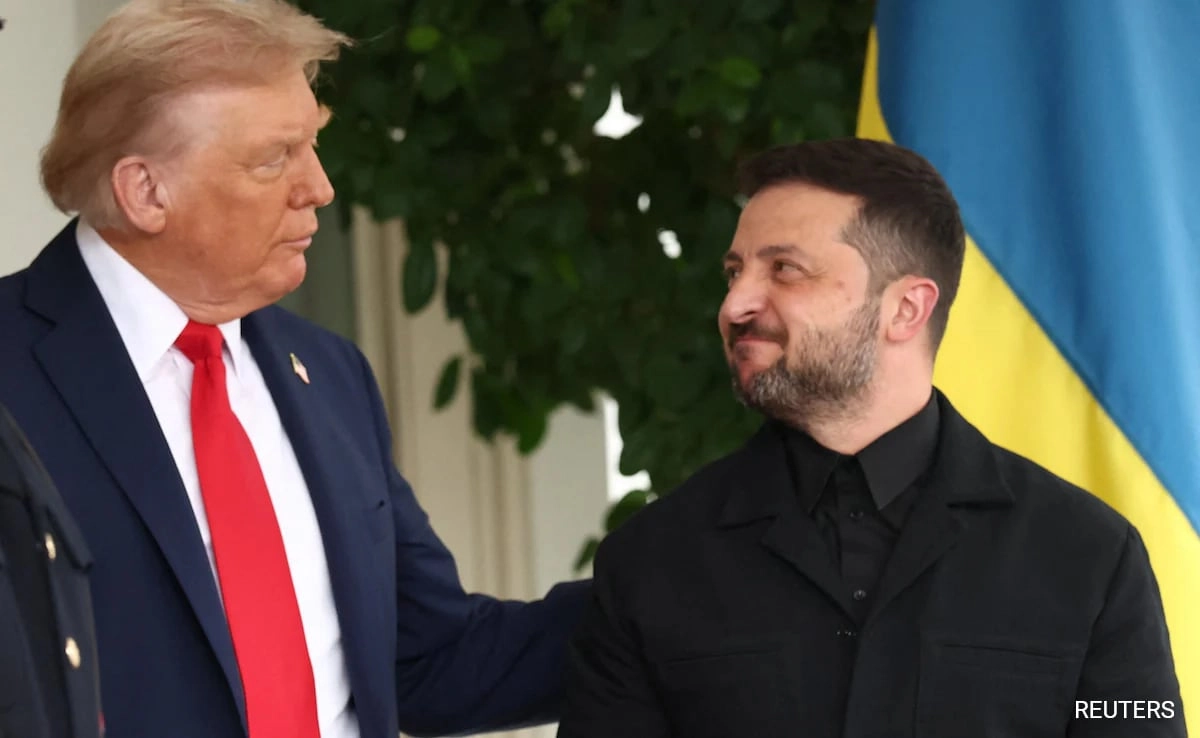In a recent high-profile case, an Indian-origin judge delivered a poignant statement to renowned music mogul Sean “Diddy” Combs during his sentencing. The judge reflected on the privileges that Diddy had enjoyed throughout his life, emphasizing the disparity between his wealth and power and the consequences of his actions. The court proceedings highlighted not only the legal ramifications of Diddy’s behavior but also served as a broader commentary on accountability, especially for those in positions of influence. This moment was significant, illustrating the intersection of justice and privilege in contemporary society.
The judge’s remarks were particularly impactful, as they underscored the notion that wealth and power do not exempt individuals from facing the consequences of their actions. Diddy, a figure synonymous with success in the music industry, was reminded that his status could not shield him from the law. The Indian-origin judge’s words resonated beyond the courtroom, sparking discussions about the responsibilities that accompany fame and fortune. It served as a reminder that accountability is a universal principle, applicable to all, regardless of their societal standing.
Furthermore, this incident reflects a growing sentiment within society regarding the need for equitable treatment under the law. The judge’s emphasis on Diddy’s privileges brought to light the ongoing conversation about systemic inequalities and the importance of ensuring that justice is served fairly. The case not only illustrates individual accountability but also raises questions about the broader implications of wealth and influence in the legal system. As society grapples with these issues, this moment in court could be seen as a pivotal point for discussions about justice, privilege, and the responsibilities of those who wield significant power in their communities.
In conclusion, the Indian-origin judge’s powerful statement to Diddy encapsulated a vital message about accountability and the limits of privilege. It challenged the notion that wealth can insulate individuals from the consequences of their actions, reinforcing the principle that justice should be blind to status. The case serves as a reminder of the ongoing struggle for fairness in the legal system and the necessity of addressing the disparities that exist within it. As conversations about privilege, power, and accountability continue to unfold, this moment in court will likely resonate well beyond its immediate context.




